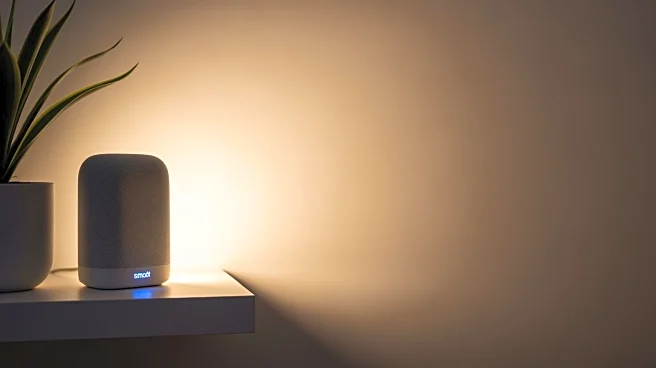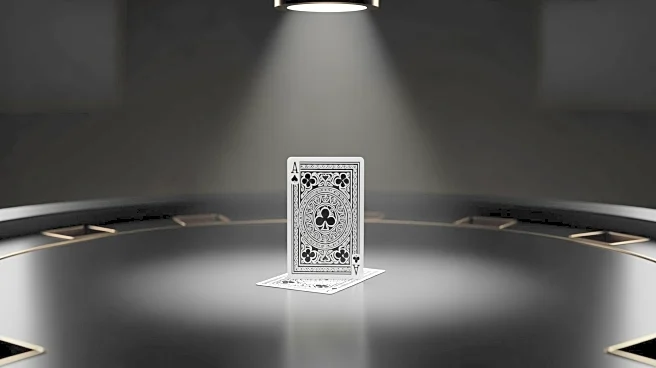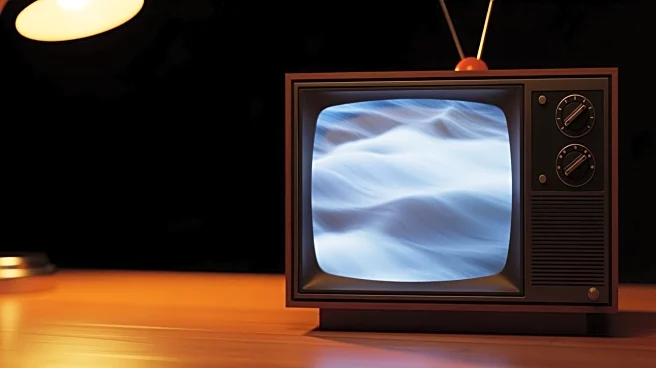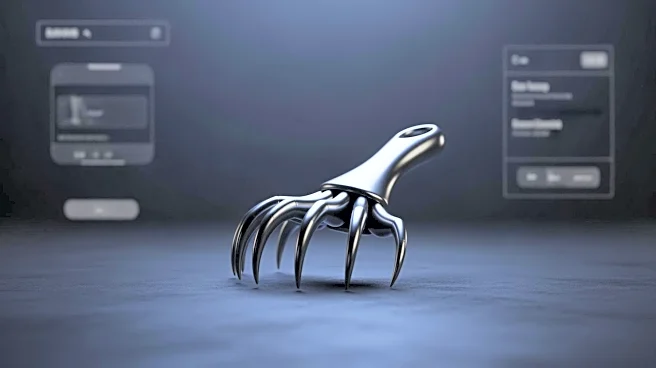What's Happening?
Smart devices are increasingly being designed to accommodate renters, offering high-tech features without requiring permanent modifications to living spaces. These devices include smart plugs, speakers,
bulbs, air quality monitors, security systems, cameras, air fryers, and safes. Smart plugs, for instance, can automate home appliances without causing damage, while smart speakers provide voice assistant compatibility and music streaming options. Smart bulbs offer mood lighting and alarm integration, and air quality monitors help renters assess their living environment. Security systems like Arlo's sensors provide versatile monitoring capabilities, and standalone cameras offer surveillance without installation hassles. These innovations cater to renters seeking technological convenience without landlord approval or structural changes.
Why It's Important?
The availability of smart tech gifts tailored for renters is significant as it democratizes access to advanced home technology. Renters, who often face limitations in modifying their living spaces, can now enjoy the benefits of smart home devices without compromising their lease agreements. This trend reflects a growing market demand for portable and non-invasive tech solutions, potentially driving innovation in the smart home industry. Companies that produce these devices stand to gain by tapping into a broader consumer base, while renters benefit from enhanced living conditions and security. The shift towards renter-friendly smart tech also highlights the importance of flexibility and adaptability in product design.
What's Next?
As the market for renter-friendly smart tech expands, manufacturers may continue to innovate, offering more sophisticated and integrated solutions. Future developments could include enhanced compatibility between devices, improved user interfaces, and increased affordability. Stakeholders such as tech companies and retailers might focus on marketing these products to urban populations, where renting is more prevalent. Additionally, there could be an increase in partnerships between tech firms and property management companies to offer bundled smart tech solutions as part of rental agreements, further embedding these technologies into everyday living.
Beyond the Headlines
The rise of smart tech for renters may also influence broader societal trends, such as the increasing importance of digital literacy and the integration of technology into daily life. As more renters adopt these devices, there could be a shift in consumer expectations regarding home amenities, potentially influencing real estate markets and rental property standards. Ethical considerations around data privacy and security may also emerge, as renters use devices that collect personal information. This development underscores the need for transparent data practices and robust security measures in smart tech design.










